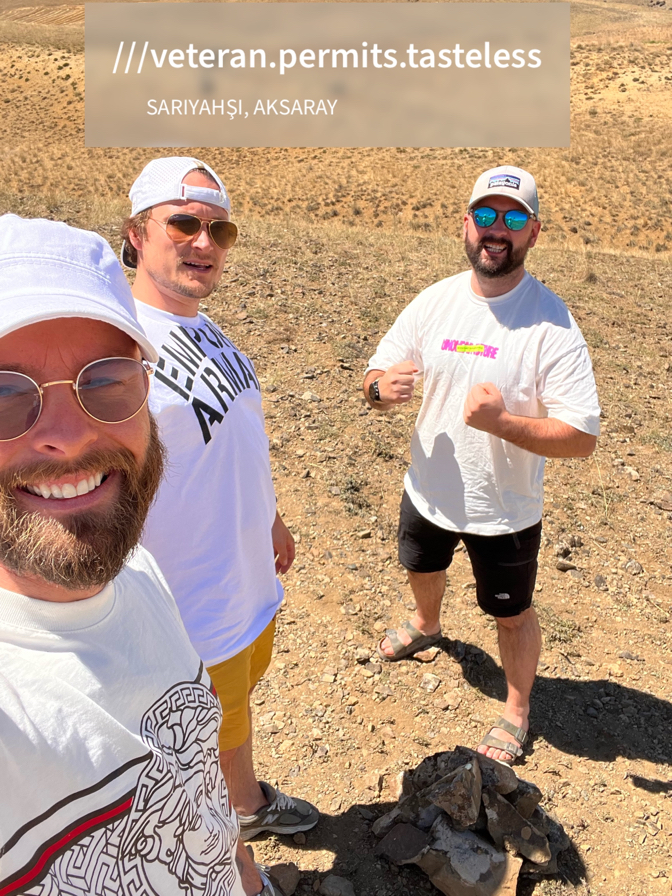
Had to walk a bit for this one, notably bad shape after some weeks in the car. Our POI #16

Had to walk a bit for this one, notably bad shape after some weeks in the car. Our POI #16
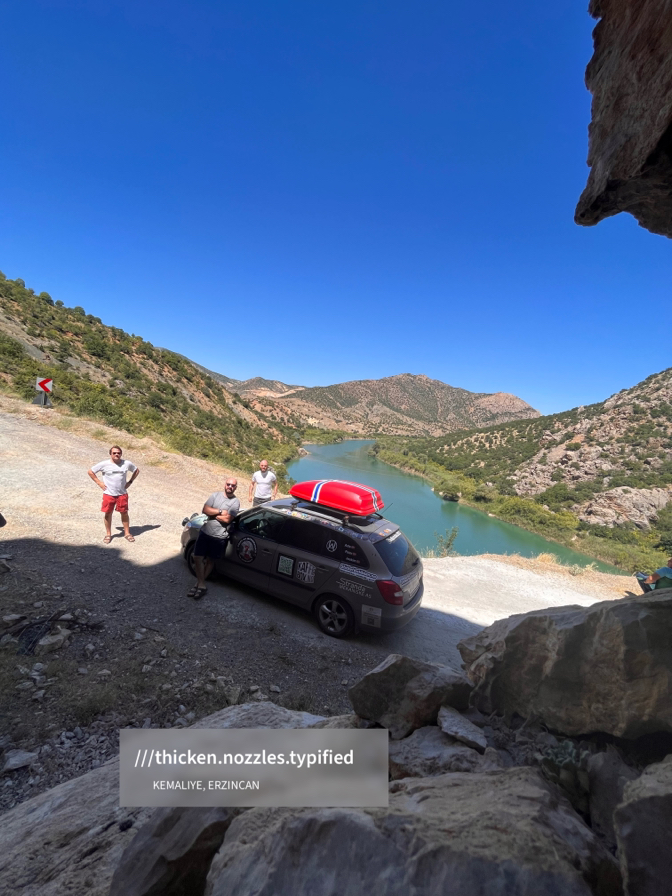
Hanmade road✅ POI#14 in the bag. Glad we asked locals which way to drive here
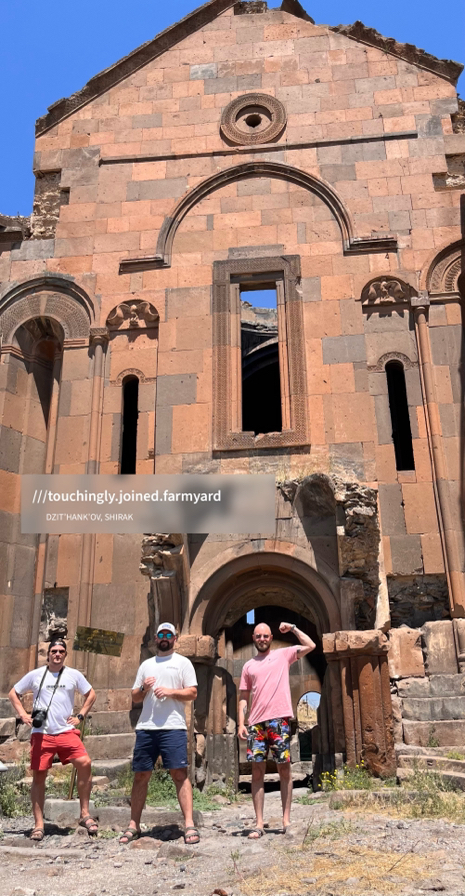
Such a cool place, right at the border of Armenia. Our POI #14

#13 in the bag💪🏻 What a beautiful spot! «This one looks easy, just by the main road». Famous last words..
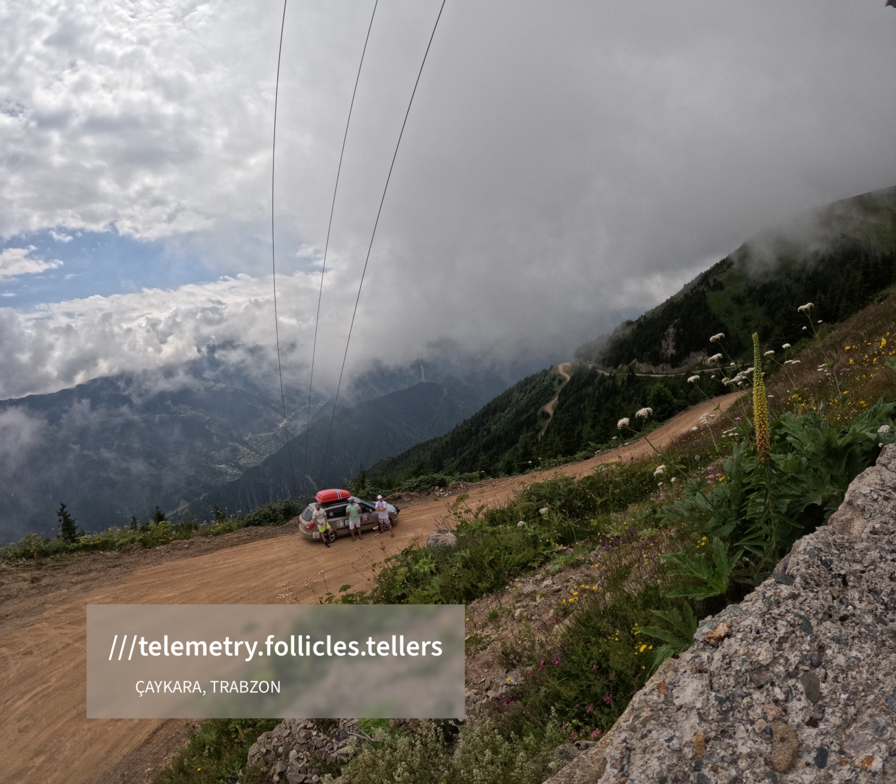
Bayburt of Yolu. Bagged our 11th POI on the way to Georgia
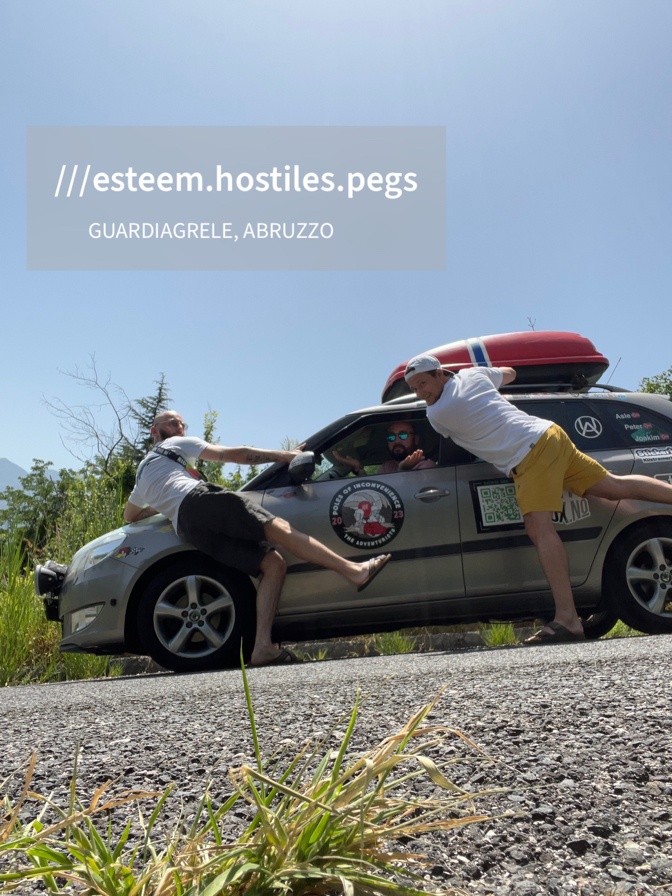
Incredibly steep😱 POI #9 in the bag
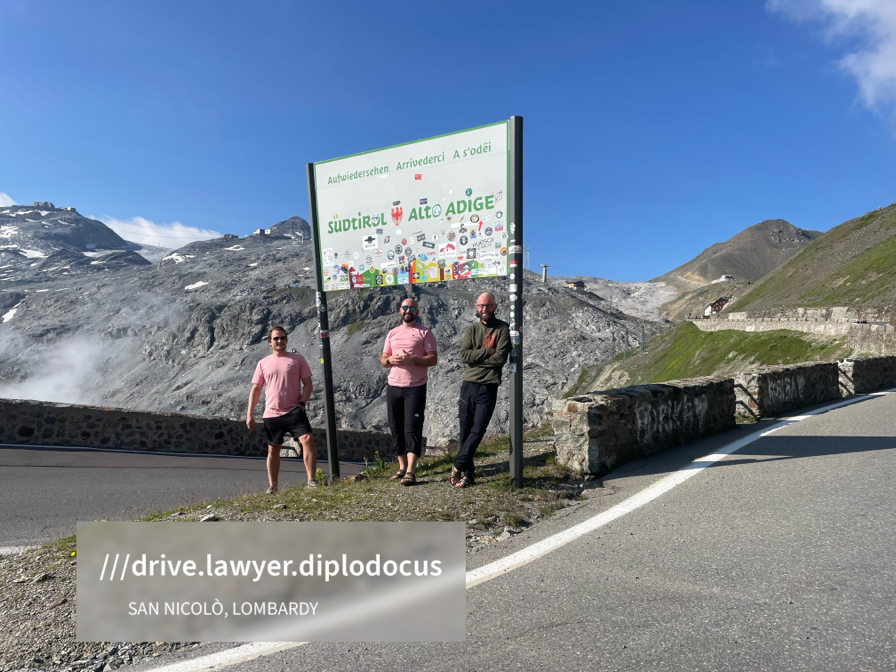
Early morning POI bagging. #8
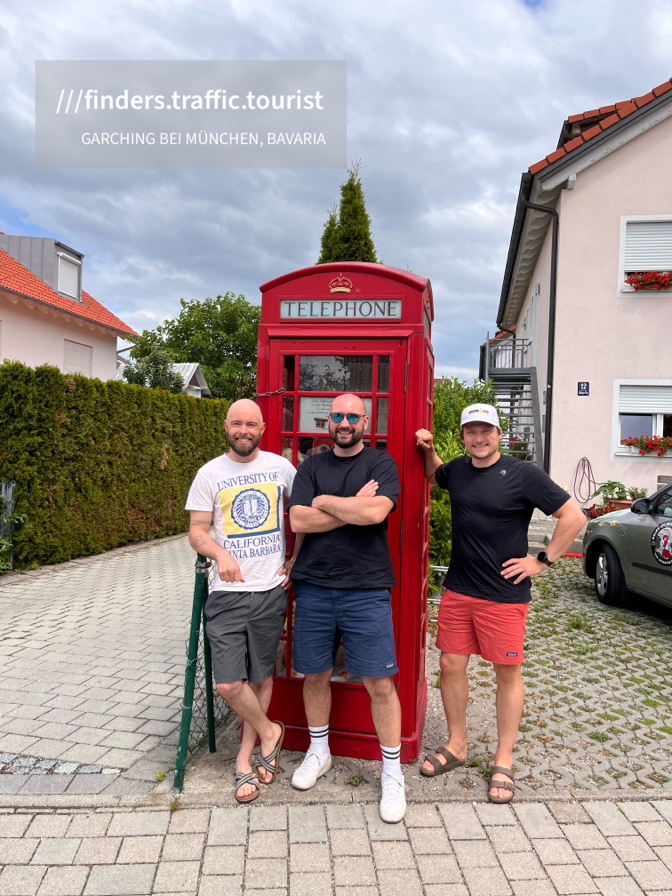
Number 7 💪🏻
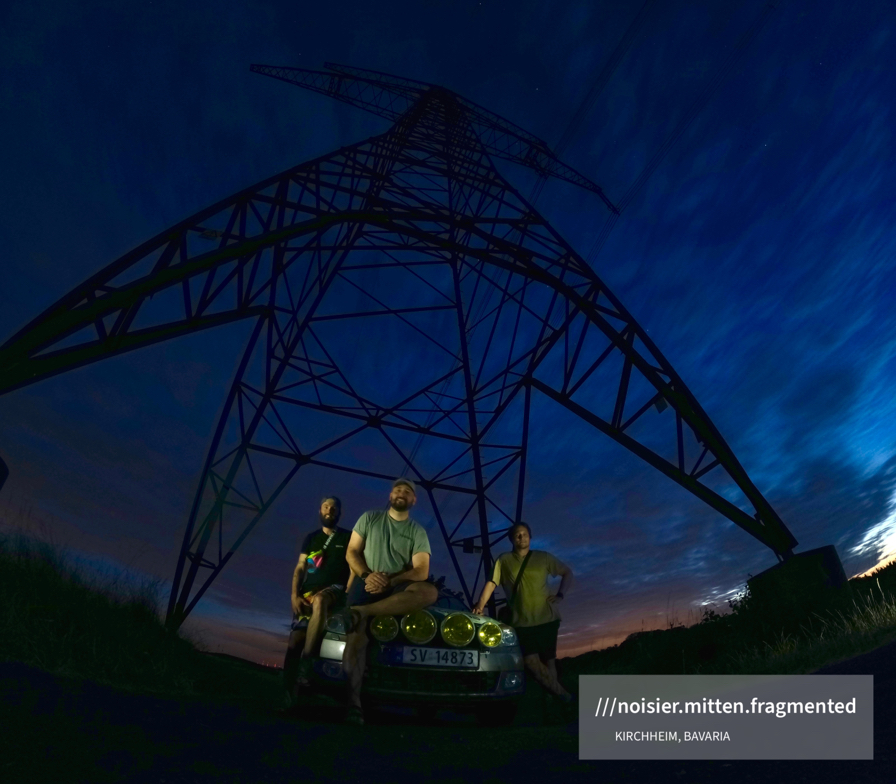
What a pylontastic POI! #6💪🏻
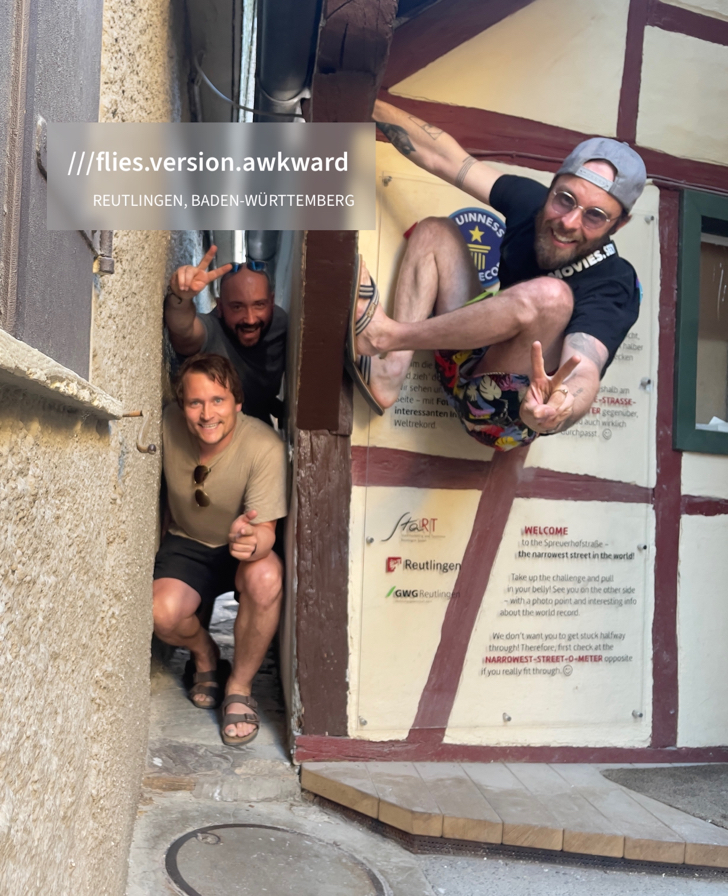
Our POI #5! Let’s gooo
What could possibly go wrong?

UNICEF works in over 100 countries to help provide access to clean water and reliable sanitation, and to promote basic hygiene practices in rural and urban areas. The consequences of unsafe water, sanitation and hygiene (WASH) on children can be deadly. Over 700 children under age 5 die every day of diarrhoeal diseases due to lack of appropriate WASH services. In areas of conflict, children are nearly 20 times more likely to die from diarrhoeal disease than from the conflict itself.

Cool Earth works alongside indigenous villages to halt rainforest destruction. Local people stand to lose the most from deforestation but the most to gain from its protection, that’s why they are the forest’s best possible custodians. All Cool Earth partnerships are community-owned and led. By developing local livelihoods, their mission is to end the cycle of deforestation entrenching villages into further poverty. Creating strong, self-determining communities.

UNICEF works in over 100 countries to help provide access to clean water and reliable sanitation, and to promote basic hygiene practices in rural and urban areas. The consequences of unsafe water, sanitation and hygiene (WASH) on children can be deadly. Over 700 children under age 5 die every day of diarrhoeal diseases due to lack of appropriate WASH services. In areas of conflict, children are nearly 20 times more likely to die from diarrhoeal disease than from the conflict itself.